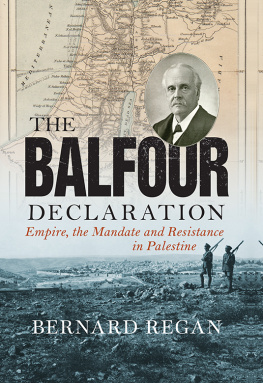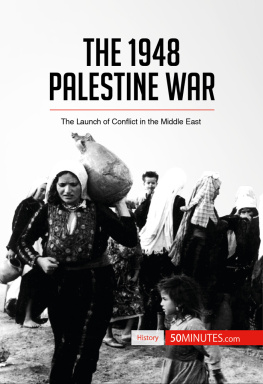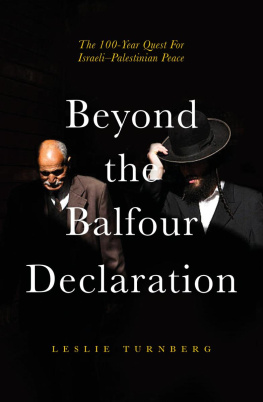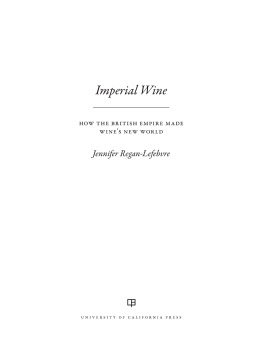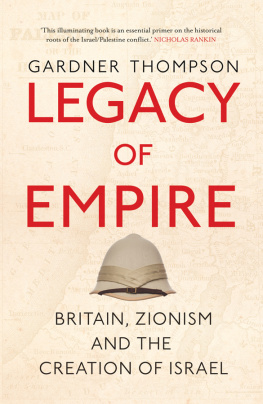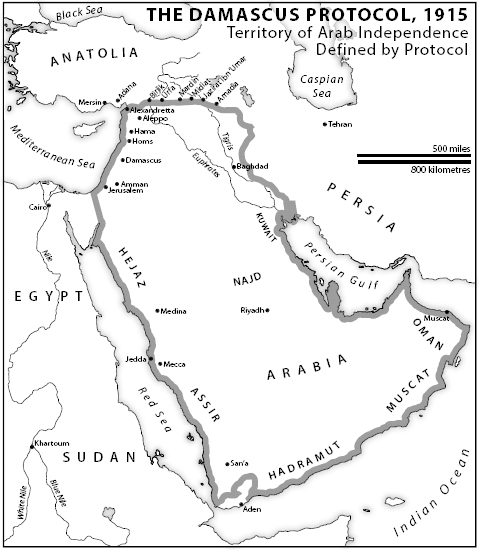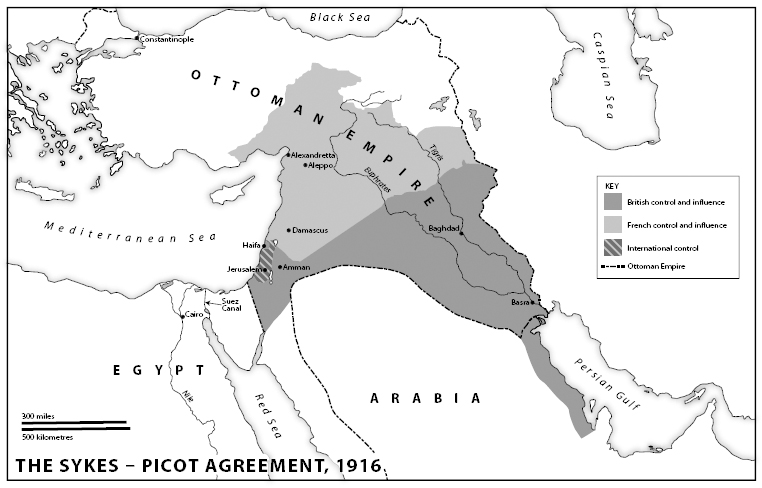In late 1917 the foreign secretary, Lord Arthur James Balfour, on behalf of the British government, sent a letter via Lord Walter Rothschild to the Zionist Federation, declaring support for the establishment of a Jewish homeland in Palestine. The policy expressed in the letter dated 2 November 1917 became known as the Balfour Declaration. The adoption of this policy was to have far-reaching consequences for the future of the Palestinian people and the whole of the Near East. The aim of this book is to trace the central role that imperialist interests played in shaping the development of British policy in Palestine, and which culminated in the establishment of the Israeli state in 1948. In particular, the book will cover the formative period of the British Mandate up until 1936.
The British had, for several decades before 1917, been a preeminent colonial power in the Near East, demonstrated most vividly by their invasion and occupation of Egypt in 1882. From the 1890s onwards dramatic changes began to take place in the nature of imperialism.
Although occurring in a slightly earlier period, Irfan Habib, in his Essays in Indian History, has described the period between 1800 and 1850, when this process of transformation in the form of imperial rule was taking place, as corresponding to a change from seizing Indian commodities to seizing the Indian market. This dynamic would impact across the globe, but nowhere were the implications of these changes driven by imperialism felt more sharply than in the Near East.
In the eighteenth and nineteenth centuries, a huge industrial and technological expansion in Britain contributed to an accelerating growth of the economy and pressure to seek new overseas markets. Between 1840 and 1870, British gross domestic product (GDP) grew by 88 per cent, whilst between 1870 and 1913 it expanded by 124 per cent.
The export of capital gained momentum through the last three decades of the nineteenth century and into the twentieth. By 1914 It was vitally important to the British that they were able to maintain links with every part of their empire to protect their investments.
At the end of the nineteenth century, new finance capital institutions emerged elsewhere, fuelling worldwide competition on a much greater scale than ever before. In Germany there was a rapid growth of companies, in manufacturing especially, driven by the fusion between the banking and industrial sectors. Capital investment in industry expanded, between 1871 and 1913, from less than 10 billion to over 85 billion marks.
Industrial and financial institutions, united in commercial enterprises, became powerful bodies seeking to exercise monopoly control over markets, driving them to gain access to and control over sources of raw materials. This did not always follow a pattern of conquest, occupation and colonisation. More and more the government of Britain sought to create advantageous relations with those countries in which the raw materials were situated or, in the absence of accommodative partners, the establishment or maintenance of compliant regimes. Each imperialist power in turn sought to achieve a similar dominance over raw materials and markets.
These competitive forces lay behind the first truly global conflict. The war, which began in 1914, was fought between two opposing sets of allies: on the one hand, the Entente Powers, consisting of Britain, France and Russia, and on the other, the Central Powers of Germany, Austro-Hungary and the Ottoman Empire. Although
Critically oil, increasingly vital for industrial and commercial development, became a central feature of that competition. The declared value of British imports of oil products, in part driven by the war, increased elevenfold between 1900 and 1920.
The British focus on Palestine was a consequence of a variety of factors. Whilst it was not, at this stage, an important source of raw materials, like the gold of the Witwatersrand mines in the Cape Colony, nevertheless its strategic location was significant.
Building a British-controlled terminal at Haifa in Palestine cut the length of the supply line from Mosul in Mesopotamia and provided a place to refuel their Mediterranean fleet. Palestine would also provide a convenient refuelling stop for the growing air traffic between India and other parts of the empire to the east. The negotiations, between the French, the British and later the USA, over access to and control over the extraction, exploitation and use of the oil in the area, were conducted between the representatives of major petroleum companies, governments and banks. The approach adopted epitomised the functioning of finance capital and illustrates how wider imperialist ambitions drove British policy on Palestine.
In December 1918, the Petroleum Executive, under the chairmanship of Sir John Cadman, was concerned that Britain should retain an independent oil supply and not become reliant on the United States. He was involved in extensive negotiations both with the USA and the French over the exploitation of potential resources in the north of Mesopotamia and the creation of a terminal point on the Mediterranean Sea. The executive body he chaired concluded that any territorial adjustments in Syria or elsewhere wayleaves for pipelines etc from Mesopotamia and from Persia to the Mediterranean should be secured for British interests.
Furthermore, the maintenance of secure links between London and the rest of the empire, and especially India, was essential to the British. The Suez Canal was vital to keeping the lines of communication to the empire open, and with it the capacity to deploy military forces to any part of it speedily. In order to ensure it remained open to British shipping, successive governments thought it necessary to have a land base in the vicinity from which to exercise control or intervene in the area of the canal. The land between the Mediterranean Sea and the Indian Ocean was becoming important for other reasons as well. Tsarist Russia had ambitions to gain influence or control over Persia or Afghanistan in order to gain access to a seaport on the Indian Ocean. A land bridge between the Mediterranean Sea and the Indian Ocean would offer an additional, or potentially an alternative, route by which the British could deploy reinforcements to India in the event it was threatened by Tsarist Russia.

